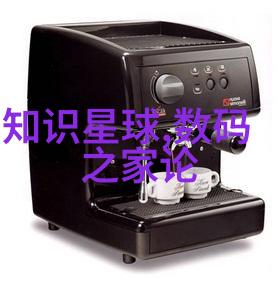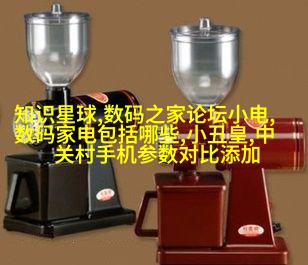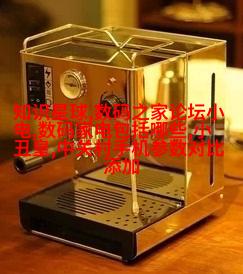农历七月初七:端午节的文化盛宴与传统习俗

传统意义上的端午节
在中国历史上,端午节有着悠久的历史。根据《诗经》记载,这一时期是夏至前后,即农历五月二十五日左右。这一天人们会祭祀死去的人,并在水中漂浮竹叶,以防止疾病。

端午节的起源
legend has it that during the Chu State period, a man named Zhong Kui fought against evil spirits and saved his family from disaster. In memory of his bravery, people began to celebrate this day as Dragon Boat Festival.

端伍之食物习俗
One of the most iconic food items associated with this festival is zongzi or glutinous rice dumplings wrapped in reed leaves or bamboo leaves filled with meat or sweet fillings.

端午赛龙舟竞技活动
The dragon boat racing tradition is believed to have originated during the Tang Dynasty when Qu Yuan, a famous poet and statesman, drowned himself in a river to protest against corruption within his government.

端午节和健康意识
According to Chinese folklore, eating zongzi on Dragon Boat Festival can ward off evil spirits and bring good luck for health throughout the year.
当代社会中的端午庆祝方式
With globalization and modernization taking place rapidly around the world, various countries are incorporating their own unique cultural elements into their celebrations while still maintaining traditional practices such as dragon boat racing and eating zongzi.
结语:
The essence of celebrating Dragon Boat Festival lies not only in its rich history but also in its ability to adapt itself into contemporary society without losing its core meaning: unity among families, communities coming together for a shared purpose amidst cultural diversification and technological advancements.
Such flexibility enables this festival's traditions to continue thriving across generations while allowing new generations of celebrants an opportunity to forge connections with their heritage through innovative expressions.
As we move forward into an increasingly interconnected world where different cultures blend seamlessly together; our appreciation for diversity grows stronger.
This article highlights how China's ancient customs find ways to evolve by embracing change without compromising on what makes them so endearing - timelessness.